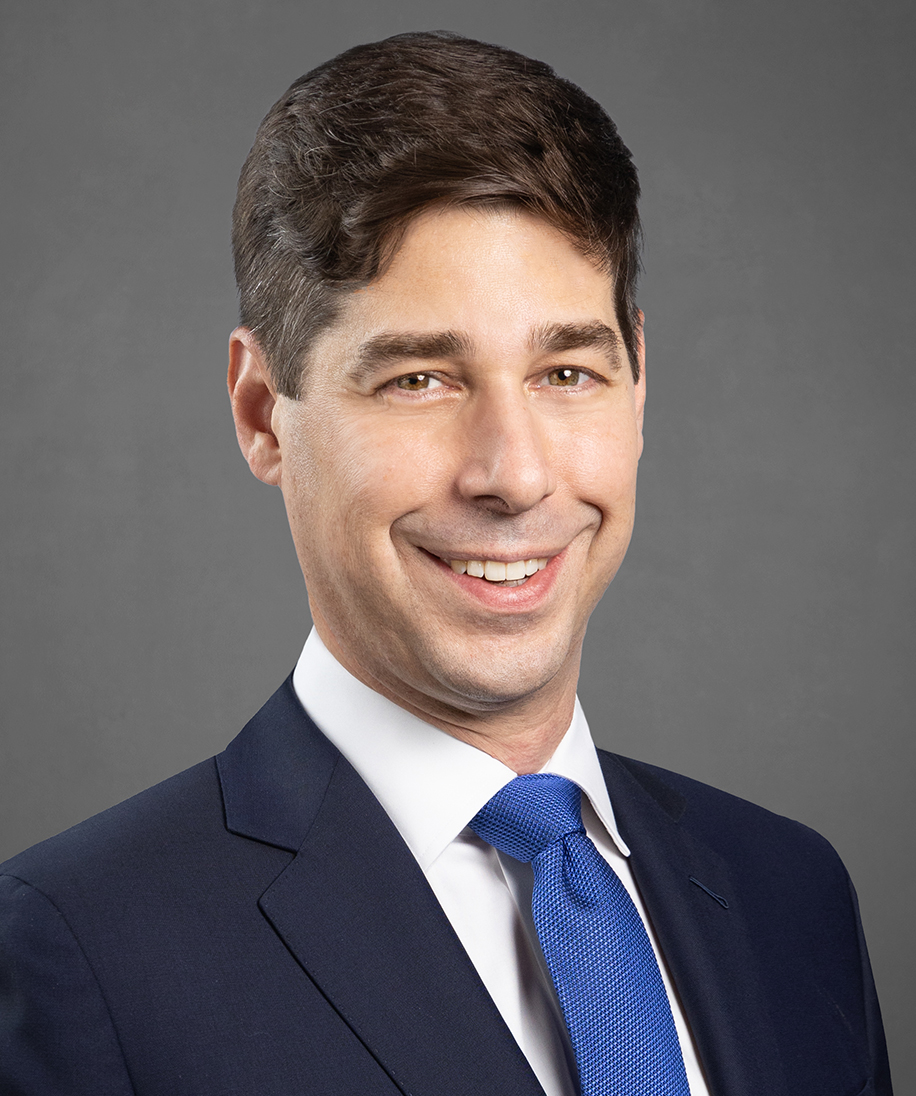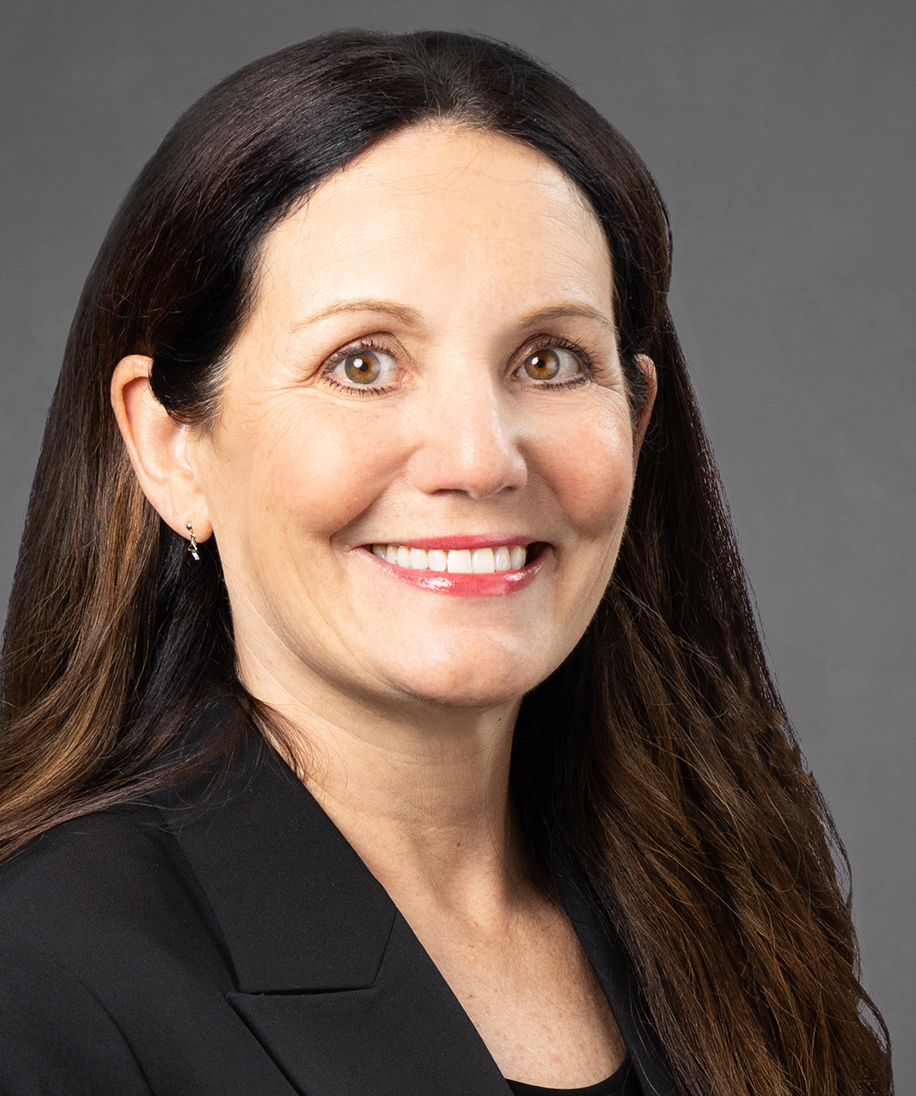Client Alert
Netherlands HCP Rate Caps: Key Updates
January 09, 2023
By BJ D’Avella, Laura Skinner & Vaibhav Verma
In early 2022, Dutch regulators deployed a new methodology for calculating the maximum hourly rates that life sciences companies may pay to healthcare professionals (“HCPs”) and others engaged in fee-for-service consulting engagements. The new methodology—which is based solely on an individual’s experience, with no reference to the individual’s medical specialty—represents a significant departure from past practice in the Netherlands and around the globe.
Life sciences companies seeking to engage HCPs in the Netherlands should make note of the updated requirements, and take steps to update their FMV models with respect to the Netherlands accordingly.
The New Hourly Rate Methodology
In the Netherlands, maximum hourly rates for HCP consultants are set by the Foundation for the Code for Pharmaceutical Advertising (De Stichting Code Geneesmiddelenreclame, or “CGR”) and the Code of Conduct for Medical Devices (Gedragscode Medische Hulpmiddelen, or “GMH”). Prior to making the changes described above, both regulatory authorities had calculated maximum HCP hourly rates based upon medical specialty, as is customary throughout the world; the maximum hourly rates set by the CGR and GMH now depend entirely upon an HCP’s level of experience, with no consideration of the HCP’s medical specialty.
In October 2021, the CGR released in draft form the methodology that it would eventually release in 2022 as the official basis of the recently released hourly rates. The methodology was agreed upon by both the CGR and the GMH, and was developed in consultation with the Ministry of Health, Welfare, and Sport (ministerie van Volksgezondheid, Welzijn en Sport, or “VWS”) and the Health and Youth Care Inspectorate (the Inspectie Gezondheidszorg en Jeugd, or “IGJ”). The guidance states that HCPs should be classified according to the level and duration of the HCP’s education, i.e., the more education and experience that an HCP possesses, the higher the maximum hourly rate that a life sciences company may pay that HCP. The CGR and GMH have stated that they will update the maximum hourly rates each year based upon annual indexation rates provided by the Dutch government, based upon the Government Contribution to Labor Development (Overheidsbijdrage in de Arbeidsontwikkeling or “OVA”) for personnel costs in healthcare.
The new 2023 maximum hourly rates are provided in the table below, along with the 2022 rates for reference purposes:
|
Level |
2022 Hourly Rates[1] |
2023 Hourly Rates[2] |
Level includes (based on additional guidance),[3] but is not limited to: |
|
Professor |
€253 |
€267 |
Currently employed professors as well as professors emeritus |
|
University/master + additional healthcare-related education longer than 3 years |
€177 |
€187 |
Physician specialties (e.g., cardiologist (6 years education), dermatologist (5 years education), gastroenterologist (6 years education)) and certain non-physician specialties (e.g., clinical psychologist (4 years education), hospital pharmacist (4 years education), psychotherapist (3-4 years education)) |
|
University/master + additional healthcare-related education of up to 3 years |
€127 |
€133 |
Emergency room physicians (3 years education), general practitioners (3 years education), addiction physicians (2 years education) |
|
University/master with no additional healthcare-related education |
€108 |
€113 |
Pharmacists, dentists, nurse specialists (master’s degree after bachelor’s), physician assistants (master’s degree after bachelor’s), clinical technicians, life sciences Ph.D. |
|
Bachelor’s degree completed |
€95 |
€100 |
Dietitians, physiotherapists, optometrists |
|
Other |
€82 |
€87 |
All other HCP specialties, e.g., patient advocates, opticians, pharmaceutical assistants, registered nurses |
Key Considerations and Impacts: Frequently Asked Questions
Is this the beginning of a trend? Time will tell. What we do know now is that—while other countries (e.g., France) have instituted rate caps—the Dutch methodology differs from all other countries and will require companies to create and implement a separate process for FMV rate determination.
How much has this methodology impacted what HCPs and other individuals may be paid in the Netherlands? It’s difficult to perform an apples-to-apples comparison. Based on Paul Hastings’ data, however, these rate caps generally are higher than they had been before the new methodology became effective. For example—prior to the new methodology becoming effective—cardiologists could be paid up to €140 per hour; under the new methodology, a cardiologist may be paid up to €187 per hour.
What are the likely operational impacts on my organization due to the new methodology? There’s good news on this front, as the HCP tiering process has been greatly simplified: companies engaging Netherlands-based HCPs need only consider the level of education (e.g., university degree) and, in some cases, years of experience (e.g., more or less than three years) of an HCP when tieiring.
What about payments to patient advocacy individuals and organizations? While life sciences companies may also consult with patients in the Netherlands (either directly or through patient organizations), CGR guidance states that patients may not be paid as consultants, though they may be reimbursed for expenses of up to €75. Per CGR and GMH guidance, the published rates may be used in the engagement of patient advocates as well as patient organization representatives, all of whom fall into the “Other” level described in the table above.
Is there guidance on how to assess level of education? No. Companies should create a documented process for doing so, and that process should be objective, measurable, and require review of supporting documentation, e.g., the HCP’s curriculum vitae (“CV”).
Do the rates apply when the consultant performs work outside of the Netherlands? Yes. CGR guidance states that companies must abide by the rates whether the services are performed in the Netherlands or outside of the country—which is consistent with the existing industry standard of paying consultants based upon their home country.
Do the CGR and/or GMH provide guidance on travel time compensation? Yes. HCPs may be reimbursed for time spent traveling during normal working hours, but companies must take care not to compensate an HCP twice for the same work—for example, if an HCP prepares for the requested services while traveling, there should be reduced/no compensation for travel time.
Are the rates the same whether you pay an HCP directly or through a healthcare organization that employs the HCP? Yes. The rate paid must be the same whether paid to the HCP directly or through the HCP’s employer.
[1] Explanatory Notes to the Dutch Code of Conduct for Pharmaceutical Advertising. CGR, January 1, 2022, p. 29. https://www.cgr.nl/CGR.nl/media/CGR.nl/Gedragscode/20220101-Explanatory-Notes-CGR-per-20220101_2.pdf
[2] Reasonable Maximum Hourly Rates 2023. CGR, October 4, 2022. https://www.cgr.nl/nl-NL/Nieuws/Nieuwsbrieven/2022/Nr-5-2022-Redelijke-maximum-uurtarieven-2023
[3] Explanatory notes to the levels. CGR. Accessed January 2023. https://www.cgr.nl/CGR.nl/media/CGR.nl/Gedragscode/20220101-Annex-article-6-3-3-Code-of-Conduct-CGR.pdf
Contributors

